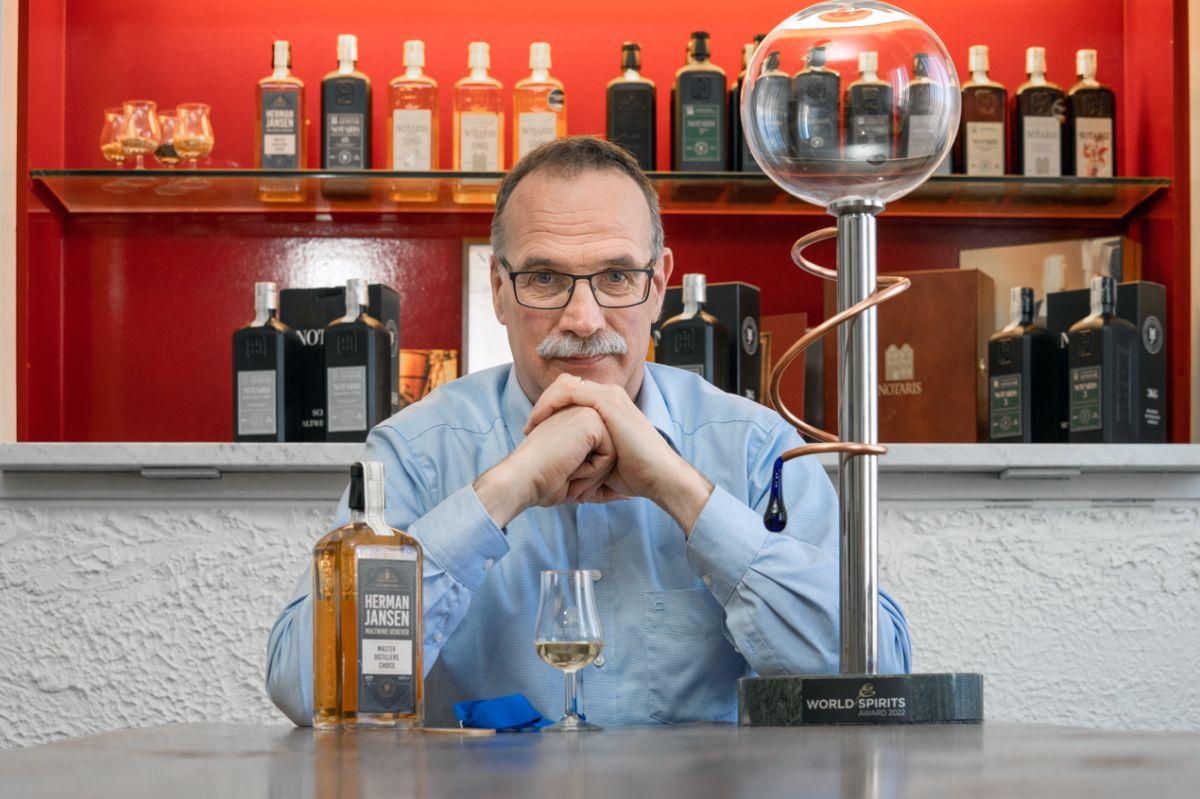Herman Jansen continues to see India as a strategically-important emerging market despite selling the global rights for Maison House and Savoy Club brands from UTO Asia to Allied Blenders and Distillers (ABD).

Photograph: Kind courtesy, Herman Jansen
Herman will focus on growing its European and South East Asian market, Diederik Jansen, chief executive officer and seventh-generation owner of Herman Jansen, which has been producing spirits since 1777, told Business Standard.
Herman Jansen is a family-owned company from Schiedam, Holland.
He said, “We continue to see India as a strategically-important emerging market.
“We firmly believe that any successful presence must be anchored through a capable and committed local partner, and for us, that partner would be ABD.”
Jansen added that the company had entered the Indian market in the 1980s with a strong sense of optimism and a long-term vision of growth.
“While the journey brought valuable learnings, our overall experience led us to make the considered decision to exit the Indian business,” Jansen said.
The company had first entered the Indian market with Tilaknagar Industries.
Currently, Tilaknagar Industries and ABD are in the middle of a trademark dispute over the two brands.
Tilaknagar holds the rights to sell both the brands in India and ABD was granted permission by the Bombay High Court to launch products under the same brand names in West Bengal.
In 2014, ABD had bought 50 per cent stake in Maison House and Savoy Club from Herman Jansen.
ABD has got global rights for the two brands with the exception of select South East Asian territories (Singapore, Malaysia, Indonesia, Philippines, Thailand, Cambodia, Vietnam, Laos, China, and Myanmar).
The total consideration of the deal was €1.22 million (excluding stamp duty and levies), and the transactions concluded with immediate effect on June 11.
He said the proceeds from this transaction will be retained within the company and strategically reinvested into growth markets aligned with its long-term vision.
“There will be no distribution to family shareholders.
“This decision reflects our commitment to building sustainable value for the future and ensuring business remains focussed, agile, and well-capitalised for its next phase of growth,” he added.
Talking about India and re-entering the domestic market, Jansen said that despite its vast potential and growth trajectory, it remains a highly complex and fragmented market.
“At this stage, we have no plans to re-enter the Indian market independently in the foreseeable future,” he added.
Jansen also said that in India the growing opportunities are in the premium and super-premium segments, especially in white spirits and internationally-styled beverages such as cocktails and mixers.
“This evolving consumer demand contrasts with the traditionally brown spirits-driven domestic market and aligns well with our global product innovation strengths,” he said.




